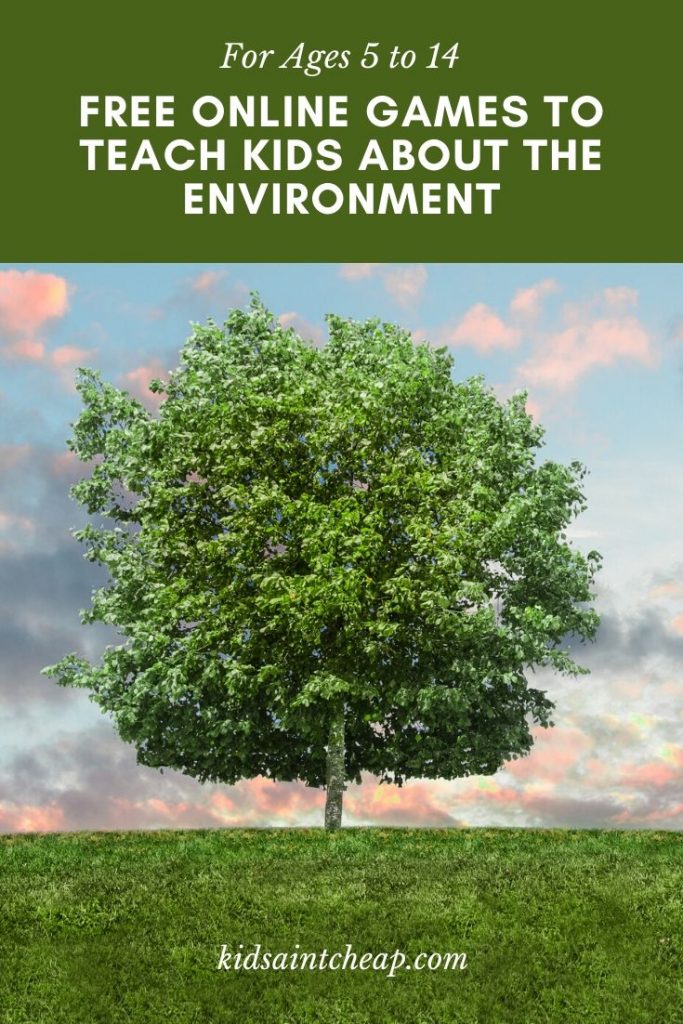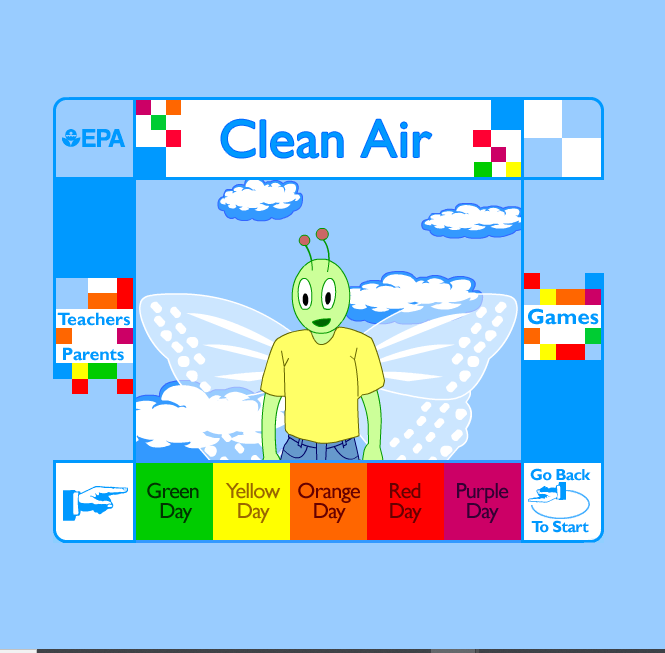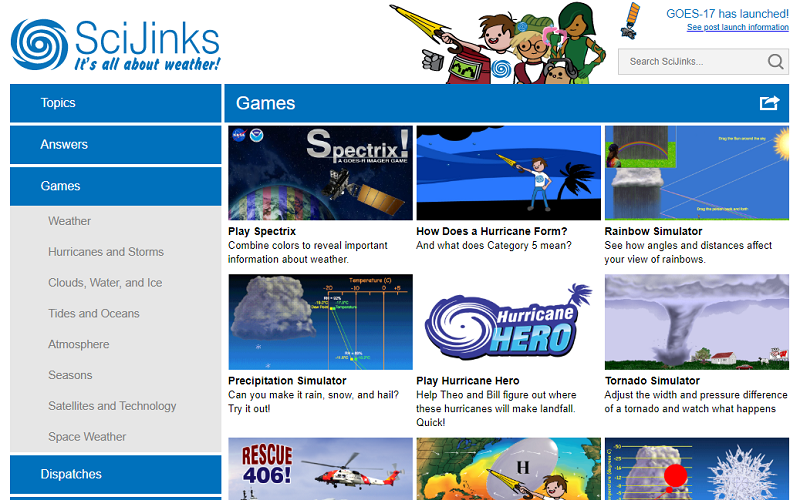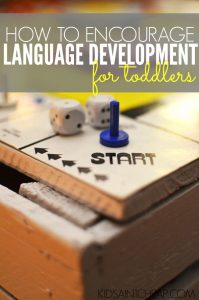It’s natural for parents to be afraid to let their kids fail. But insulating your kids from the consequences of their actions could hinder their growth and development. If you constantly rescue your kids and fix their problems, they won’t learn how to rely on themselves. Helicopter parenting can also prevent them from developing a healthy sense of self-confidence. Here’s why you should step back and let your kids make mistakes.
Learning Through Failure
Seeing failure as a learning opportunity for your child instead of an unnecessary, negative experience is key. It’s not cruel to let your child fail—it’s essential for their growth and development.
Allowing your child to struggle with a school project or make a mistake on their homework helps them develop persistence and a growth mindset. When your child finally understands that difficult concept they’ve been trying to grasp, they’ll feel a greater sense of accomplishment because they did it on their own. Letting your child flounder a bit can help them become more self-reliant and learn that persistence eventually pays off!
Understanding Natural Consequences
Another benefit of allowing your child to fail is that it helps them learn about natural consequences. For example, if your child plays video games instead of studying, they’ll realize that procrastination hurts their test results. But if you nag your child about reviewing their flashcards, they may not learn this important lesson.
Letting your child make mistakes in low-stakes situations is crucial. If they aren’t allowed to learn that actions have consequences now, they may make bigger, more life-altering mistakes when they’re older.
Strike a Healthy Balance
It’s possible to strike a healthy balance between supporting your child and letting them fail sometimes. For example, say you notice that procrastination is becoming a pattern for your child. Instead of nagging them or helicopter parenting, you could brainstorm potential solutions together, such as completing homework before playing games.
Helping them problem-solve and develop strategies for success will enable them to develop critical thinking skills. Providing your child with support and guidance rather than rescuing them from problems will enable them to become independent.
Embrace a Positive Mindset About Failure
Studies have shown that your mindset about failure can affect how your kids handle it. Your children may not learn as much from their mistakes if you view failure as shameful or embarrassing. It’s important to teach your kids that making mistakes is a natural part of the learning process.
You don’t have to deny your emotions and pretend that failure is a fun experience. It’s ok to let your kids know that you feel disappointed when things don’t go your way. But try not to frame failure as something that can or should be avoided. Help your kids understand that everybody makes mistakes, even grown-ups. Show them that messing up isn’t the end of the world—it’s actually an opportunity for growth.
Modeling a positive response to failure can teach your kids how to cope with it. It’s important to own up to your own mistakes, figure out where you went wrong, and plan to do better in the future. If your kids see you deal with your slip-ups in a constructive way, they’ll learn to do the same.
Do you believe in letting your kids fail, or do you think parents should come to their rescue to protect them? Share your thoughts in the comments.

Vicky Monroe is a freelance personal finance writer who enjoys learning about and discussing the psychology of money. In her free time, she loves to cook and tackle DIY projects.





